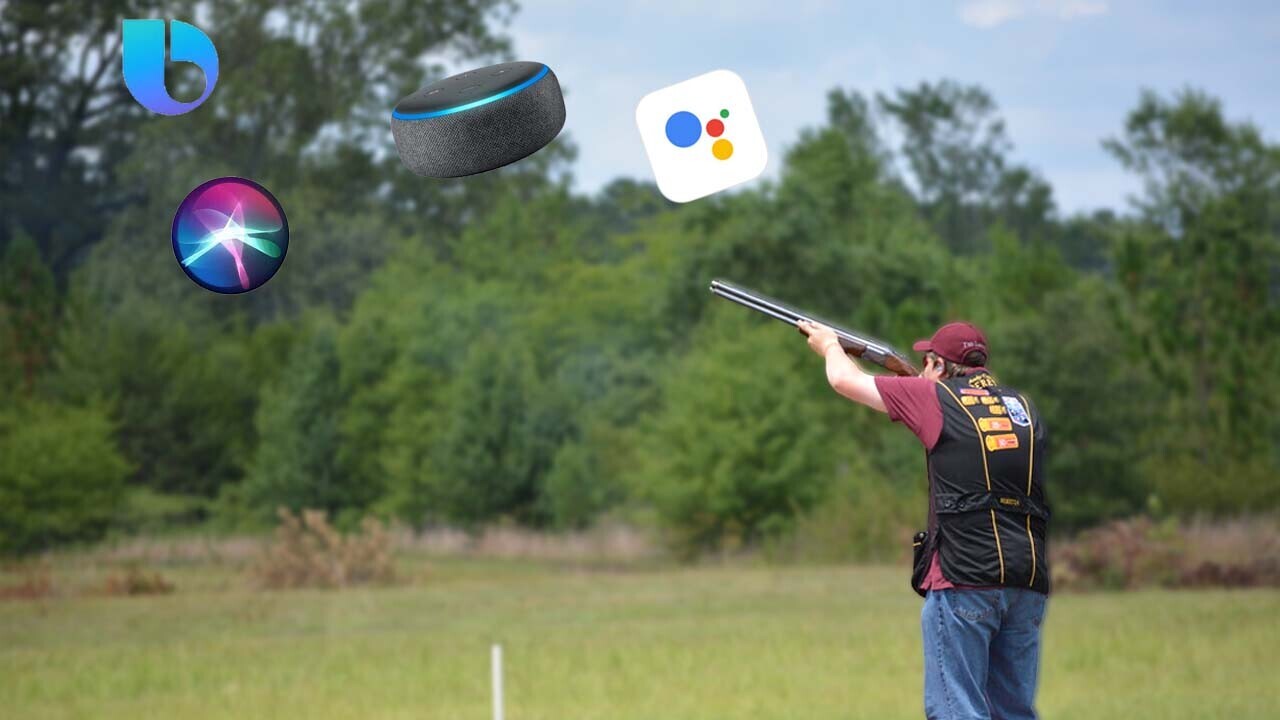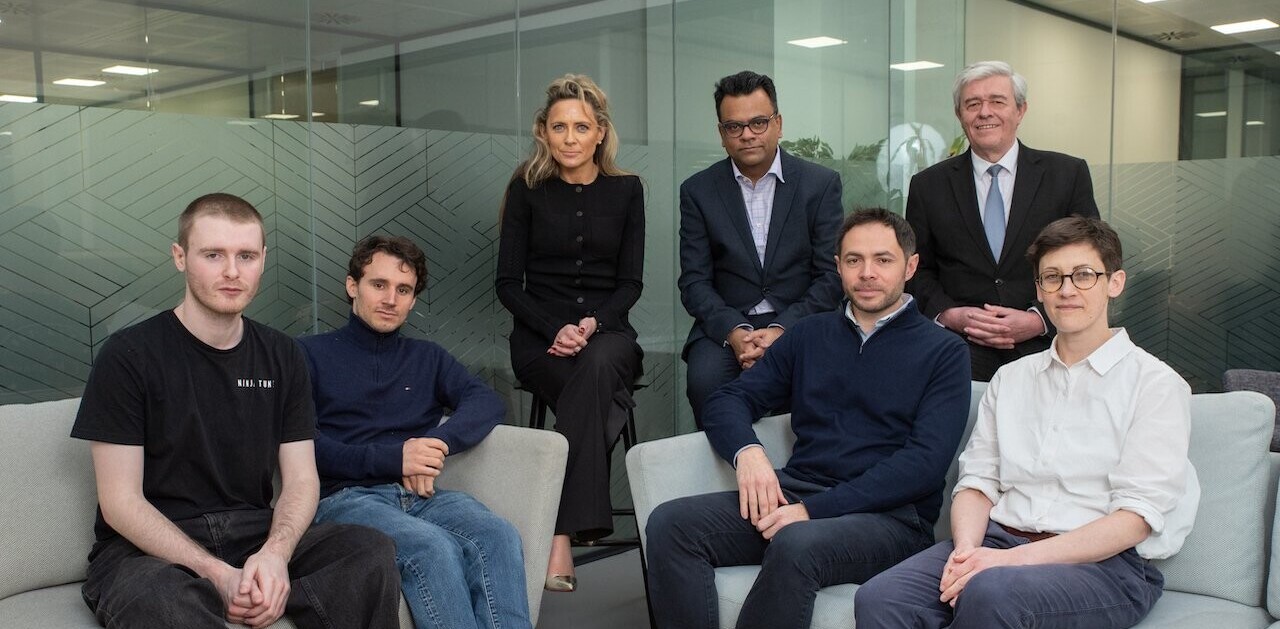
It’s never easy saying goodbye. But it’s obvious that the time has come. We need to ditch big tech’s virtual assistants and calmly demand a little more autonomy in our AI.
Up front: The dream has always been to make personal assistants accessible to everyone. Since most of us can’t afford our own human assistant, big tech decided to combine chatbots and natural language processing (NLP) to create a virtual version of the real thing.
Billions of people use these AI-powered tools everyday. Whether it’s Siri on iPhone, Google Assistant on Android, or Alexa on Amazon products, there’s a good chance at least one of them has become a part of your everyday life.
So why on Earth would anyone want to get rid of them? Because you deserve so much better.
Background: Virtual assistants were supposed to evolve over time. Yet all we’ve seen in the past five years is fine-tuning and tweaks. Back in 2018, Google Assistant sometimes struggled to understand me. Now it usually catches what I’m saying.
And as nice as it is to use voice-control to play music, turn the lights on, and send a text message, AI-powered voice assistants are too busy collecting data and pretending to have agency to do anything truly useful.
The root of the problem is, unlike a human assistant with an NDA, you can’t trust big tech’s AI.
The reality: Current virtual assistants all live on servers. The companies who build and train the AI models that power them use your data to make them better. It feels like a win-win because the more you use your virtual assistants, the better they become for everyone.
But Google, Amazon, Apple, and all the others use the data you generate when you use your virtual assistants to train AI models across their respective companies.
The AI models powering virtual assistants aren’t designed to provide the best possible assistant experience for users — they’re designed to harvest data. They’re biased towards features and capabilities that funnel the most useful data upstream. Essentially, they’re Candy Crush. But instead of your attention, they want your data.
And, because these AI assistants have to service billions of humans across millions of possible linguistic, cultural, software, hardware, and networking platforms, there’s no incentive for big tech to build models that conform to individual users’ needs. They do what they do and if that works for you, great. If not: you can choose not to use them.
But that’s not how human assistants work. A good human assistant knows how to focus on a client and adapt to their needs.
The solution: Make virtual assistants personal. There’s nothing stopping big tech, or an enterprising startup, from building AI systems that operate completely offline.
When the first generation of modern virtual assistants began showing up on smart speakers and flagship phones, they were relaying most of their processes from the cloud. Now, the majority of these devices have onboard AI chips complementing their processors.
At this point, we could have virtual assistants baked into our devices capable of performing every function they currently can, without the need to send personally indentifiable data to a remote server.
Imagine, if you will, an open-source neural network built on self-supervised learning algorithms. Once you installed it on your device, it would essentially function as a medium between you and the digital world.
Assuming you were able to trust the AI, you could essentially give it power of attorney over your digital affairs. All it would take is a private networking protocol running through blockchain-based authentication.
And, most importantly of all, we could ditch the silly human personifications for virtual assistants. Without the need to go through the rigmarole of summoning a specific assistant, you could just talk to your gadgets, software, and web browser like the objects they are. “TV on.” “TV off.”
As weird as it is to imagine in 2022, the only way for AI assistant technology to move forward is to kill the virtual-person-as-a-service paradigm and replace it with one where assistance is platformed through privacy and trust.
Get the TNW newsletter
Get the most important tech news in your inbox each week.





